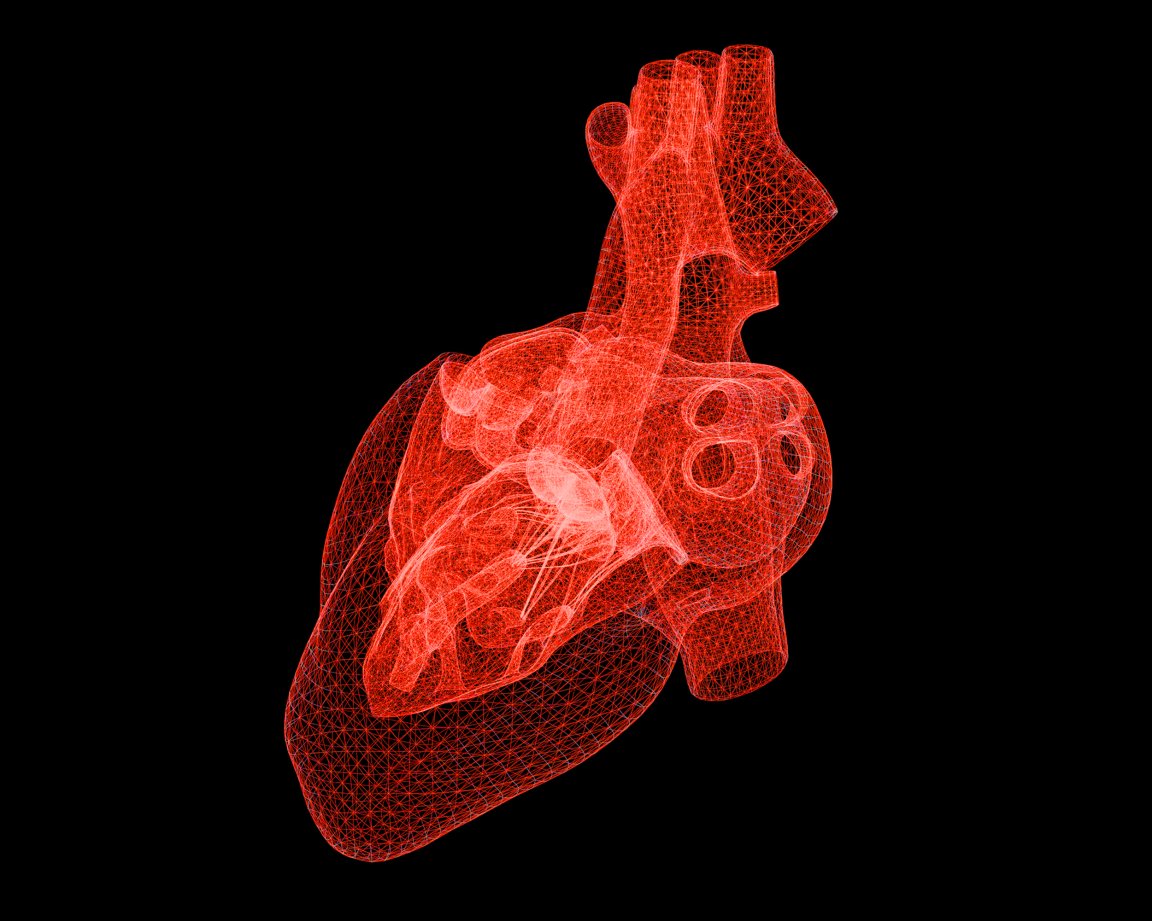
Heart of a Pig
United Therapeutics is set to take a big step forward in its plans to pursue advances in the field of organ transplantation thanks to a new partnership with the University of Maryland. The company has announced a $24 million research partnership that will help the school establish a center specializing in cardiac xenotransplantation research, the first of its kind in the US.
Xenotransplantation refers to the cutting-edge practice of transplanting organs between different species. Organ shortages are already a very real concern, and they could grow more pronounced in the future. If we’re able to genetically modify organs from animals, we might be able to better satisfy demand.

The center, which will be constructed in Baltimore, is set to focus on cardiac xenotransplantation. United Therapeutics is also collaborating with the University of Alabama on research pertaining to kidneys, and Columbia-Presbytarian on lung transplants.
“Xenotransplantation offers hope to thousands of patients who are currently waiting for heart transplants and most of them die waiting for the human organs,” wrote Muhammad Mansoor Mohiuddin, director of xenoheart transplantation in the Department of Surgery at the University of Maryland School of Medicine, in email correspondence with Futurism. “Xenotransplantation will provide an alternative to the current available treatment options for end stage organ failure.”
The partnership will focus on transplanting pig hearts into human bodies. This concept has been the subject of various studies, including a recent project that was centered around cloned pigs, and a Chinese effort that expects to carry out a successful transplant within the next two years.
“This grant thrusts our Transplant Division into an elite group of centers doing cutting-edge xenotransplantation research,” said University of Maryland’s chair of the Department of Surgery, Dr. Stephen Bartlett, in a press release. “We now can look forward to exponentially expanding our department’s current and new xeno initiatives, creating an even greater impact in accelerating our trajectory of discovery and innovation in medicine.”
Xenotransplantation Allows for More Organ Donors
Mohiuddin stressed that both the University of Maryland and United Therapeutics are eager to make this procedure a “clinical reality.” This isn’t a research project intended to push the limits of what might be feasible; it’s an effort to establish how cardiac xenotransplantation might be used in a practical context.
To that end, researchers will address some of the most pressing issues that are stopping people in need of organ transplants from being helped. Mohiuddin describes the human immune system’s rejection of animal organs as being a “major barrier” that has prevented the success of this method in the past. However, genetic modification is offering up ways to counteract these issues.
“Due to our ability to genetically modify the pigs to make their organs less immunogenic to humans, and the development of novel immunosuppressive drugs, we are able to prevent or delay rejection,” explained Mohiuddin. Genetic engineering also makes it possible to remove any viruses that might infect humans after the organ has been transplanted.
In 2016, Mohiuddin led a groundbreaking trial where immunosuppressive drugs were used alongside immunomodulatory antibodies to allow a baboon to support a heart inside its abdomen (with the original heart intact) for a record-breaking 945 days. Now, the challenge is how to build upon those techniques to transplant animal hearts into human patients that can endure for an even greater period of time.